The world of AI is evolving at a breathtaking pace, reshaping how businesses operate and how professionals can drive value.
Yet, amidst the hype and complexity, many leaders still grapple with where and how to start.
At Propel25, Srikrishnan Ganesan, CEO and Founder of Rocketlane, offered a much-needed reality check and a practical playbook. He explains how professional services and implementation leaders need to know just enough to be dangerous with AI.
The gap between consumer AI and business adoption
While many professionals are familiar with tools like ChatGPT, few have ventured into deeper territory. Srikrishnan highlighted this disparity with a room-poll moment at a TSIA event: nearly no one had tried OpenAI's Operator. This gap points to a broader trend, leaders are often too bogged down in day-to-day firefighting to explore the rapidly evolving landscape of AI.
Yet consumer technology continues to outpace business adoption. AI assistants like Perplexity now manage tasks across apps, from reservations to reminders. If users can do all this in their personal lives, it's only a matter of time before business applications must catch up, or get left behind.
From large language models to large action models
AI's capabilities are no longer limited to text generation. The paradigm has shifted from merely "talking about the work" to doing the work. Large language models (LLMs) have opened up new ways to generate content, brainstorm ideas, and summarize documents. But their evolution into large action models (LAMs) marks a more profound shift.
LAMs don't just respond; they act. In one compelling demo, OpenAI's Operator agent executed a real task: signing up for Rocketlane, navigating multiple steps autonomously, handling form fills, and even integrating content from external resources. While the task hit a few roadblocks, the system learned and adjusted with guidance. The key takeaway? AI is now capable of navigating complex workflows, turning high-level prompts into hands-on execution.
This capability transforms how professional services teams approach repetitive or complex processes, from customer onboarding to project setup. Instead of toggling between tools and processes, leaders can delegate entire actions to intelligent agents, dramatically reducing manual overhead and errors.
Planning + execution = reliability
One of the biggest hurdles in AI adoption is trust. Can you rely on AI to make decisions? Will it act in alignment with business goals? Srikrishnan addressed this by promoting a two-step approach: separate planning from execution.
In this model, AI first creates a plan that outlines each step it intends to take. Human operators can review, refine, or correct these steps before greenlighting execution. This structure builds transparency and reduces risk. It also enables iterative learning, the next time a similar task arises, AI can recall corrected steps and improve autonomously.
The concept was brought to life through a demo from Hasura, showcasing their PromQL data agent. This tool plans how it will answer a question (e.g., identifying top-paying customers) and flags potential reliability concerns like incomplete data or context mismatches. By surfacing these caveats upfront, it gives users the confidence to trust the results or suggest refinements.
This methodology is particularly valuable for professional services teams working across complex datasets and cross-functional workflows. It fosters reliability, accountability, and explainability, essentials when using AI in customer-facing or compliance-sensitive tasks.
AI in action: Real business use cases
Throughout the session, Srikrishnan showcased practical AI applications that professional services and implementation teams can use right now:
- End-to-end sign-up automation: An AI agent signed up for Rocketlane, filled forms, verified emails, and attempted template configuration, cutting hours into minutes.
- Data analysis and insight generation: PromQL dissected complex customer and billing data across databases and platforms like Zendesk, generating real-time insights with explainable reasoning.
- Dynamic software prototyping: Lovable demonstrated how a single prompt could create an entire internal web portal, from layout to navigation, ready for handoff to developers.
- AI-powered handoffs: Rocketlane's agent synthesized sales notes, transcripts, and emails into detailed onboarding briefs, ensuring smooth transitions and better project delivery.
- Field configuration automation: An agent pulled live pricing data from a client’s website and configured subscription plans in Chargebee, all within minutes.
- Customer enablement through video: HeyGen enabled personalized video creation using AI avatars and cloned voices, helping teams deliver onboarding, updates, and tutorials at scale, in multiple languages.
Each use case highlights how AI can streamline business processes and enhance customer engagement without compromising reliability.
Dreaming big with reliable AI
Srikrishnan urged leaders not to just experiment with AI, but to dream expansively. The real opportunity lies in orchestrating multi-agent ecosystems that learn, collaborate, and autonomously execute across systems.
Imagine a world where a new product feature triggers a series of automated actions:
- An agent drafts release notes.
- Another scans CRM records to identify interested customers.
- Yet another crafts tailored emails and videos.
- All of this is executed by AI, validated by humans only at decision points.
This isn’t a far-fetched vision. It’s already in motion. Protocols like MCP allow agent-to-agent communication, enabling modular, composable skills that scale across enterprise environments. AI is no longer a solo act; it's a team sport.
For professional services and implementation leaders, this opens up new frontiers: AI not as a helper, but as a teammate. A teammate that handles the grunt work, flags risks, proposes actions, and gets smarter with every cycle.
So, dream big, but ground those dreams in systems that prioritize reliability, transparency, and human-in-the-loop collaboration.
Key takeaways for PS and implementation leaders
- Move beyond prompts: Embrace AI tools that do the work, not just generate text.
- Plan, then execute: Use the two-step method to build trust and reliability into AI workflows.
- Explore specialized agents: From sales handoffs to field configurations, AI can optimize every phase of your service delivery.
- Scale content and engagement: Tools like HeyGen reduce the friction in producing and localizing customer-facing videos.
- Prepare for a collaborative AI future: Invest in systems where agents can communicate and co-execute tasks across your tech stack.
Rocketlane is already building toward this future with its native agents and integration-first approach to automation in customer onboarding and project delivery.
Check out the rest of our Propel25 recaps here for more insights from the industry’s best.
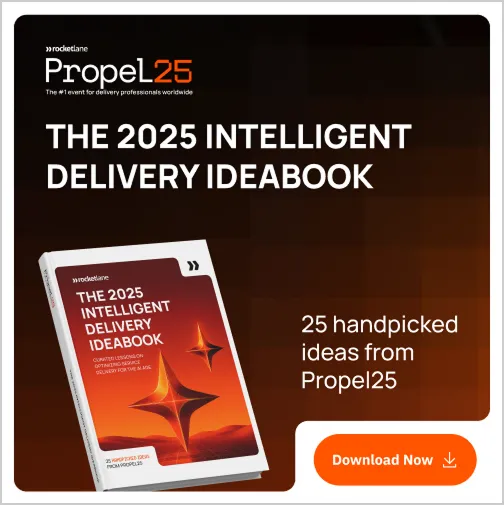

.avif)

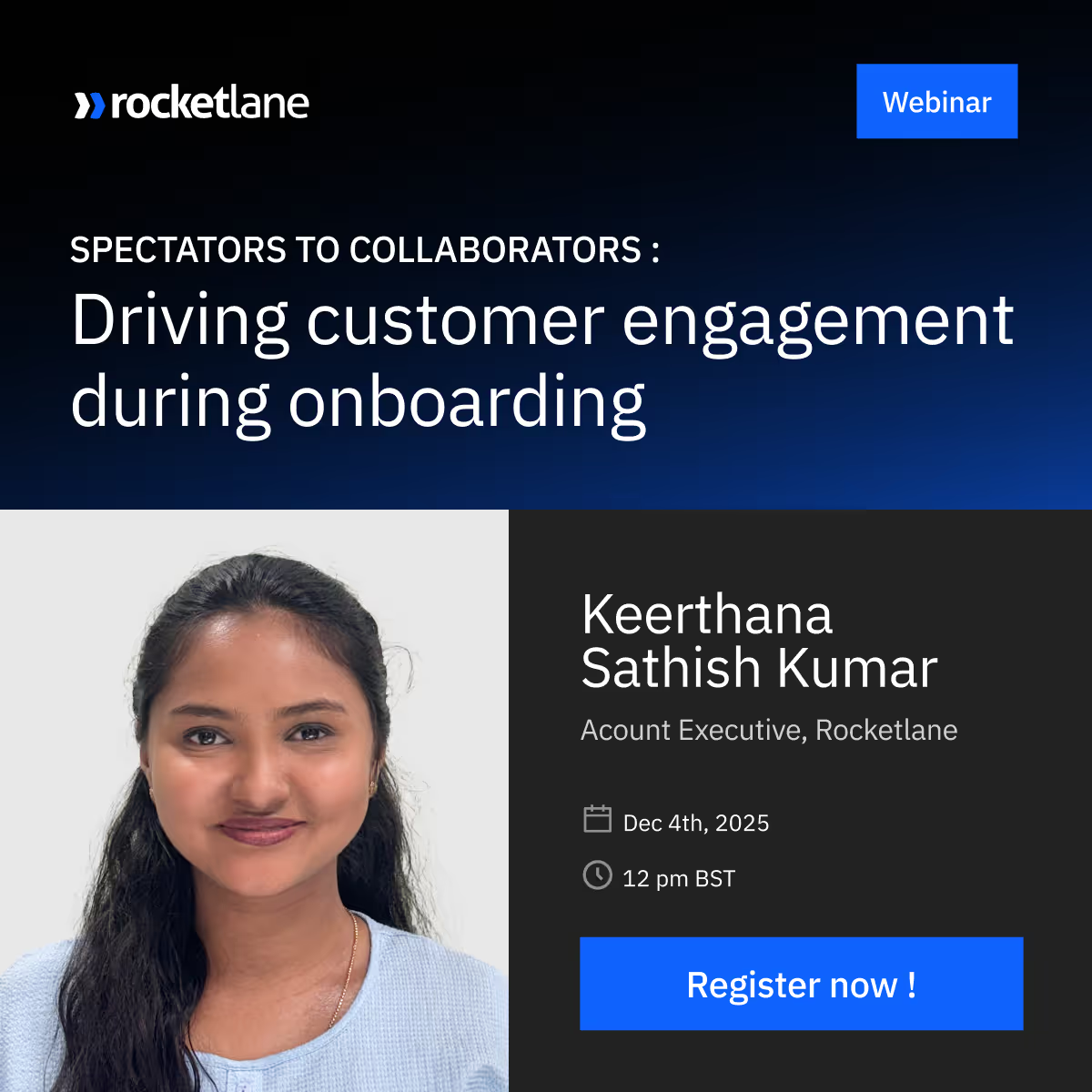
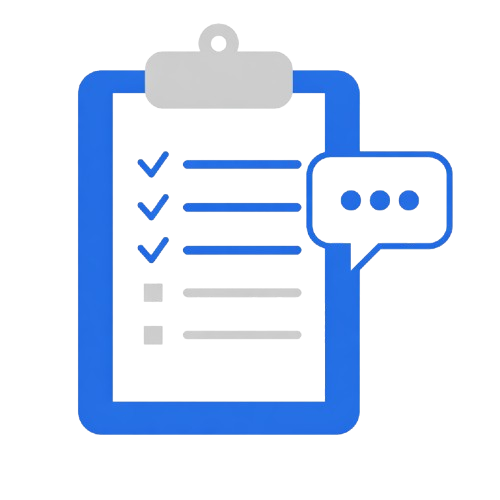















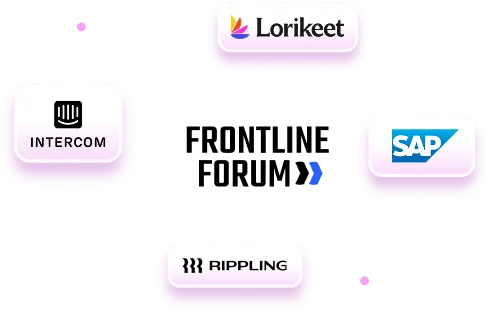
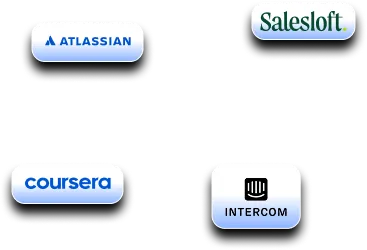
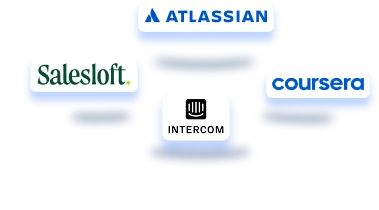

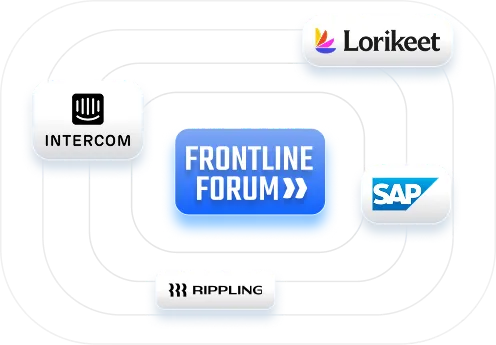
.webp)